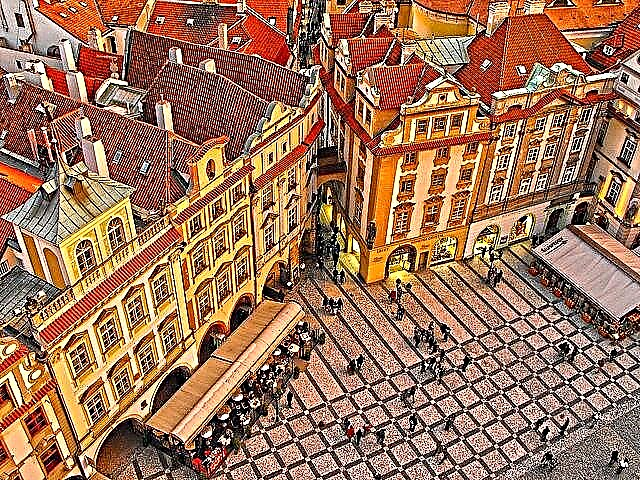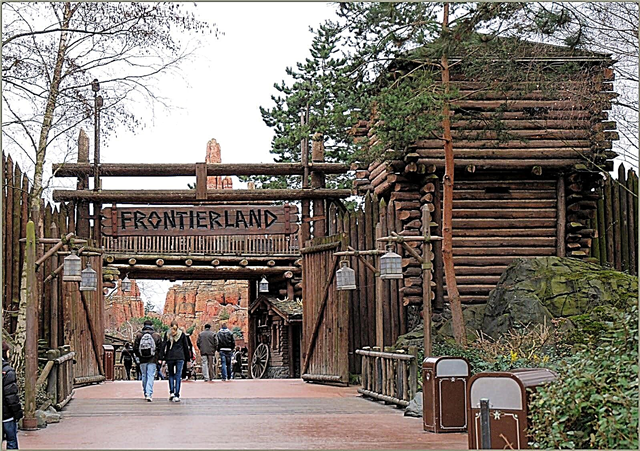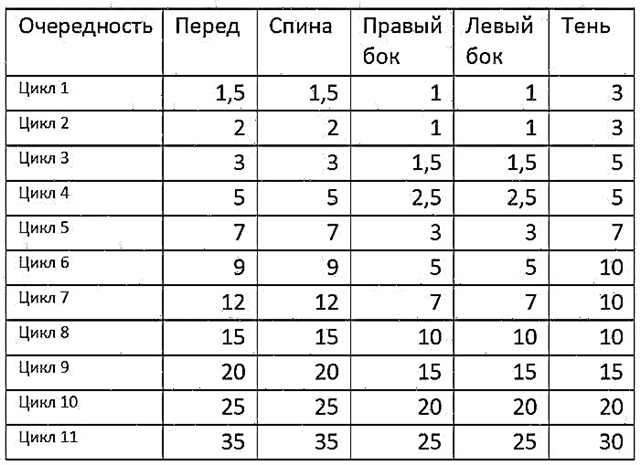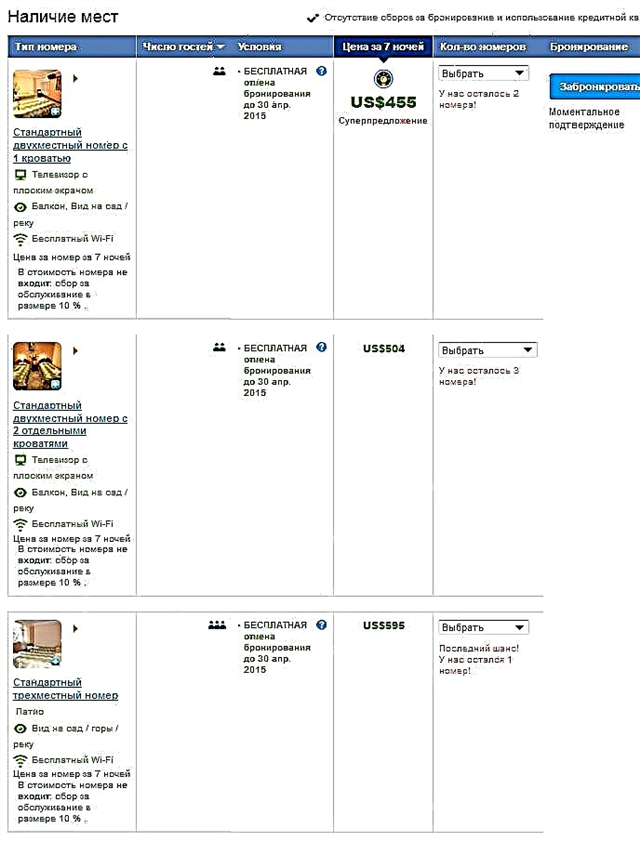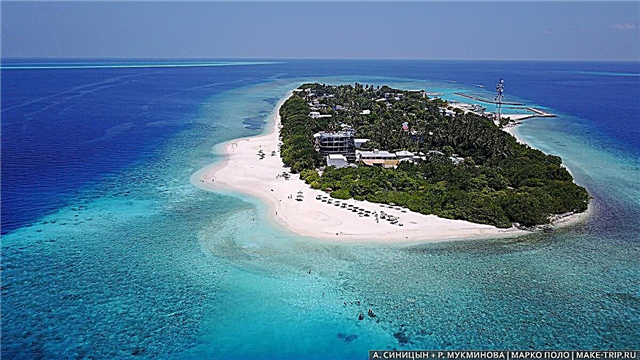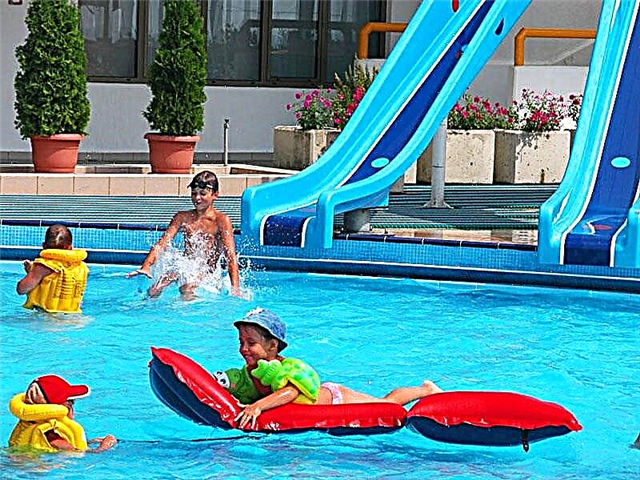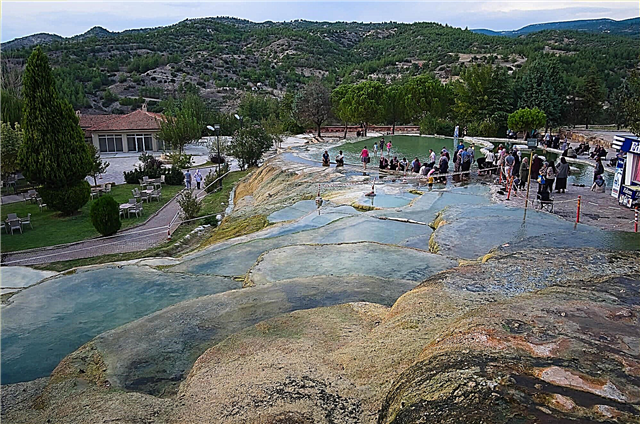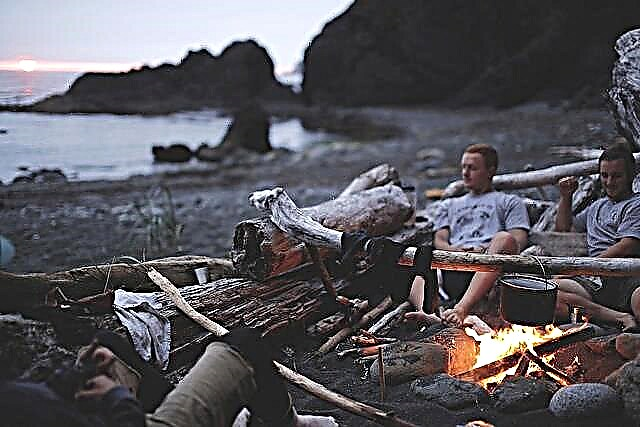Understanding the specificsfree travel: idea and principlesbackpacking... And also how you can save on transport and accommodation while traveling.
Backpacking - this isfree travel according to its own, independently developed program. Although the question inevitably arises: can travel be somehow different? The "activities and procedures" that travel agencies trade at every crossroads can hardly be called travel. Traveling is striving for a new experience, a step towards everything unknown and unexpected. Travel, by definition, presupposes freedom, independence and a certain amount of unpredictability. Everything else is just relaxation, little more useful and educational than lying on the couch.

The difference between backpackers and all other independent travelers is the backpack on their shoulders (backpack is translated as "backpack"). However, a backpack in this case is not a required attribute, but rather a convenient symbol that perfectly reveals the main principles of backpacking:
- A minimum of things. Traveling with a backpack means taking a minimum of things. In this principle, you can see something more than a simple desire to make your movement in space easier and more convenient (after all, traveling with a backpack is much easier than with a couple or three suitcases). The meaning is deeper here - by giving up excess things, a person gains greater freedom and proves to himself that in order to enjoy life and be happy, you do not need to have something special. In addition, the less things you have, the lower the likelihood of loss or theft - and this allows you to relax, not worry and not fuss.
- Mobility. A person, whose entire luggage can easily fit in one backpack, can always follow the call of his heart and make spontaneous decisions regarding his route, adjusting and changing it as much and as he pleases. If, in the midst of a trip, you suddenly wanted to go to an unplanned place, or there was a desire (or need) to urgently leave the place of your current stay, then all this is easily accomplished - half an hour to pack your backpack, and you can hit the road. There is no clothing burden - there are no barriers that can stop you.

Backpacking as a style of travel was born in the 1960s, because it was during this decade that many people come to understand that consumption, the race for status and material goods are empty shells, false desires imposed by the system.

One of the main distinguishing features of backpacking is its cheapness. It may seem to many that poor backpackers have to pay a high price for cheapness in the form of many inconveniences and disadvantages, but in fact, everything is exactly the opposite. Cheapness in this case is not a disadvantage or a burden, but a valuable advantage, since its reverse side is complete independence and freedom. A person who has refused the services of travel companies gains freedom at his disposal: he exclusively independently forms his route, himself determines the timing of travel, sieves, where to live, where and what to eat. Well, the "baggage" will more likely resemble a prisoner than a free person: he is tied to one hotel, lives in a schedule planned by someone else, goes only where the tour operator organizes excursions, sees only what he is allowed to see.

Free travelers — backpackers - go to the most different parts of the world: they can be found in small European towns, and in noisy Asian cities, and in African villages. They know that anywhere in the world you can travel for very little money, without limiting yourself and getting a lot of pleasure.

Backpackers transport
Anything less expensive! These are low-cost airlines that allow you to fly for 20-30 euros (read about them here), buses, trains, own or rented motorcycles and bikes, bicycles and, of course, hitchhiking. As a rule, backpackers are well aware of all the ways to save on transport: they track airline promotions, use discount coupons for flights and travel on buses, buy passes (for example, in Europe, you can buy a single pass for railway transport or buses, which will allow you to move around almost the entire continent for free). Intra-city public transport is actively used instead of excessively expensive taxis, metro passes and buses.

Backpackers' lodging
You won't be able to meet a backpacker in a steep five-star hotel, but almost every second guest will be in hostels. A hostel is a kind of hostel hotel where you can live for a small amount (about 20 euros in Europe, even cheaper in Asia) in a room with several beds, usually designed for 6-12 people. The shower and toilet are in common use. Hostels always have a kitchen where you can cook your own food, while also saving on food - after all, it is much cheaper than eating in cafes and restaurants, and, of course, much better than living on hot dogs and chocolate bars. Often, hostels also have separate rooms for one or two residents - they are, of course, more expensive than a bed in a common room, but still it turns out to be cheaper than living in a traditional hotel.
It is better to book a place in the hostel in advance via the Internet. However, if you did not do this in advance, and upon arriving at the place, it turned out that the hostel is overcrowded, there is still a possibility that somewhere in the closet they will be able to find an extra bed for you and you will not end up on the street (but it is better not to risk it) ... And in Asian countries, in a similar situation, you may be offered to spend the night on the terrace in a sleeping bag (it is very desirable for a backpacker to always have this thing with him).
Hostels are an option for an urban environment, while camping is an ideal option for those who like to live in nature. Camping sites are very common all over the world and are small tent cities (sometimes they also have small houses) where you can live for a very small amount (2-15 euros). Of course, you can live in nature for free: put up a tent in a place you like - here is a house. But, firstly, not in all countries it is allowed to camp freely in nature, and secondly, in campsites, in addition to a plot of land, you are also provided with a number of amenities (toilet, shower, washbasins, etc.).
And finally, the cheapest option for living (the cost is zero) is couchsurfing. The essence of the project is that in the social network of couchsurfers you find a person who is ready to accept you at home in the city where you are going. Depending on his capabilities, a person provides his guest with either a separate room or a place on the couch, and sometimes the entire house can be given to the guest. Joining someone on couchsurfing not only solves the problem with housing, but also provides an opportunity to make new acquaintances and get to know the city better through communication with its inhabitants.

Backpacking — it is an understanding of the simple fact that travel is not a luxury, and that high cost is by no means synonymous with the best quality. Budget travel offers far more excitement and new experiences than any travel agency organized. In whatever seductive wrapping the latter are presented, they will always be just a not very successful parody of a real journey. With chewed gum a thousand times. And we are for healthy food - for free travel.
We remind you that on you can read a lot of useful information about independent travel, as well as learn about the emergence of promotions and special offers on air tickets, discounts on hotels and other accommodation (we post information about this here).

